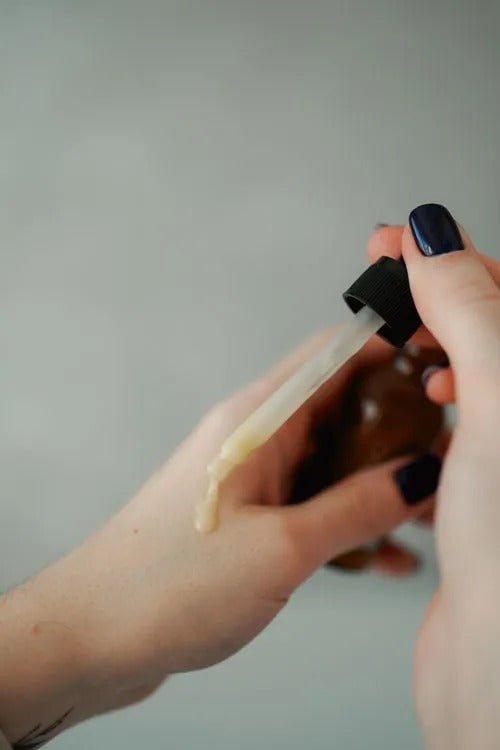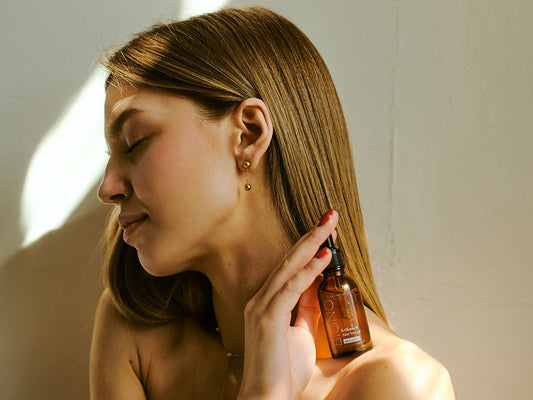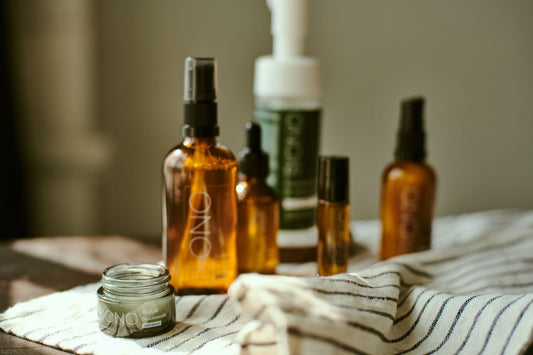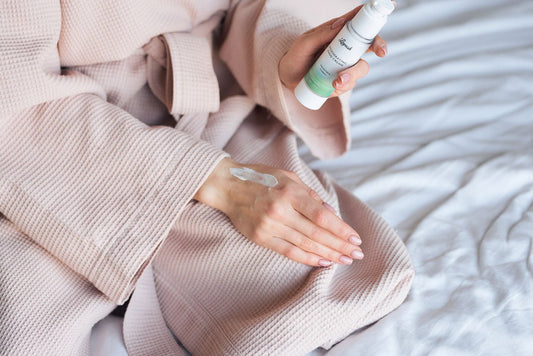
Moisturizing problem skin: Key aspects and effective solutions
Moisturizing problem skin: Importance and Value
Definition of problem skin
Problem skin is a condition characterized by various defects such as rashes, redness, acne, dryness or oiliness. These problems can be caused by genetic factors, stress, poor diet or improper skin care. It is important to understand that each problem skin is unique and requires an individual approach to care.Why moisturizing is an important aspect of care
Moisturizing is one of the key aspects of caring for problem skin with a dual need: to ensure adequate moisture levels and to prevent moisture loss. Restoring the water balance in the skin helps to reduce the feeling of dryness, irritation and other negative effects that may occur due to external factors or improper care. Maintaining an optimal level of moisture in the skin contributes to its health and attractive appearance.Causes of dryness and dehydration of the skin: influence of external and internal factors
Dryness and dehydration of the skin are common problems that can be caused by various external and internal factors. External factors, such as bad weather, aggressive detergents and solar radiation, can significantly worsen the condition of the skin, drying out its natural moisture-saving barrier. Excessive use of chemical detergents or insufficient hydration affects the elasticity of the skin and can lead to dryness and flaking.Internal factors, such as insufficient water intake, chronic diseases or hormonal changes, also affect the condition of the skin. Lack of water in the body leads to the loss of natural skin hydration, which can cause a feeling of dryness and tension.
Key components of skin moisturizing cosmetics
Hyaluronic acid: its role in maintaining moisture in the skin
Hyaluronic acid is one of the most effective moisturizers for the skin. It is naturally present in the human body and is responsible for preserving moisture in skin cells, maintaining its hydration and elasticity. Hyaluronic acid is able to attract water to itself in large quantities - up to 1000 times its own weight, which makes it an ideal component for moisturizing the skin. It also helps to improve the texture of the skin, making it softer and smoother.Natural oils and their effect on moisturizing and nourishing the skin
Natural oils such as olive oil, almond oil, argan oil and coconut oil are excellent for moisturizing and nourishing the skin. They are rich in fatty acids and vitamins that help restore the skin's natural protective barrier and prevent moisture loss. Oils have properties that help soothe irritated skin, reduce dryness and flaking, and maintain its softness and elasticity.Effective methods of care for problem skin
Effective care for problem skin requires a comprehensive approach, in which hydration takes a central place. Choosing the right moisturizer for problem skin is the first and most important step. Use specialized creams and serums that contain hyaluronic acid, natural oils (such as argan, almond or olive) and other moisturizing components. These products will help maintain the optimal level of moisture in the skin, preventing its dryness and fatigue.In addition, it is important to create a regular care regimen that includes cleaning, moisturizing and protecting the skin. Use gentle cleansers that don't dry out the skin, and always apply a moisturizer or serum after cleansing. Regular use of moisturizers will help keep your skin healthy, balanced and glowing.
An individual approach to care: expert advice on moisturizing problem skin
Moisturizing problematic skin requires an individual approach, as each skin type may have its own characteristics and needs. First of all, you should contact a dermatologist or cosmetologist for professional advice and assessment of your skin condition. A specialist will help identify specific problems and recommend effective moisturizing products that are suitable for your skin type.For best results, follow your skin care regimen's recommendations. This includes the right choice of moisturizers, regularity of application and careful cleansing of the skin. For example, light, non-comedogenic moisturizers may be suitable for people with oily skin, while richer creams with oils and hydration components are suitable for owners of dry skin.
It is important to take into account the individual characteristics of your skin and change the care regimen according to the needs and reaction of the skin to the applied products. You should also avoid overloading the skin with an excessive number of products, and it is better to concentrate on effective and scientifically based care methods.










